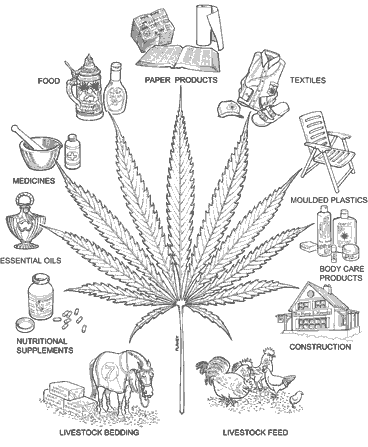Marijuana users have reason to worry when it comes to taking a drug test. Marijuana is known to stay in the system for much longer than other drugs. What's more, the window of detection for THC is often unpredictable.
While infrequent users are usually clear within 3-4 days, a new study suggests that heavy users can still test positive on blood and urine tests following more than 2 weeks of abstinence.

To conduct the study, researchers recruited a group of 39 marijuana smokers who had used marijuana "daily or almost daily" for 6 months prior. The group was asked to submit to blood and urine tests during the detoxification process.
By the end of the study, more than half of blood and urine samples submitted still contained enough THC to trigger a positive reading on standard drug screens.
Blood and Urine THC
After 16 days, 16 out of 23 urine samples still contained more than 50 ng/mL of THC-COOH, a THC metabolite that shows up in urine. 50 ng/mL is a common cutoff used for urine screens. THC-COOH levels among positive samples ranged from 51 to 141 ng/mL.
When researchers looked at THC levels in blood, 11 out of 20 samples still contained more than 1 ng/mL of THC. Blood samples that tested positive for THC ranged from 1.3 to 6.4 ng/mL in concentration. However, 1 ng/mL is lower than most cutoffs used for blood screens.
Overall, the results seem to confirm the findings of previous studies, which show that THC can linger in the system for weeks — sometimes even months — after last use. The study also confirms that the detection period for each individual is often unique.
Symptoms of Withdrawal
The reason why marijuana can be detected for so long after last use is because THC is stored in the body's fat tissues. When you stop using marijuana after a period of heavy use, this THC is slowly released over time.
But, interesting enough, the amount of THC left in one's system doesn't appear to correlate with symptoms of cannabis withdrawal.
In the study, researchers tracked the severity of symptoms that subjects experienced after quitting marijuana. Common symptoms included craving, nervousness, irritability and sleep problems. Symptoms of withdrawal peaked for most subjects on day 4 and were more severe in women than men.
The severity of symptoms in general was not related to the amount of THC remaining in one's system. However, according to the researchers, one symptom of withdrawal that seemed to predict the amount of THC in a person's system was "strange dreams."
Source: LeafScience